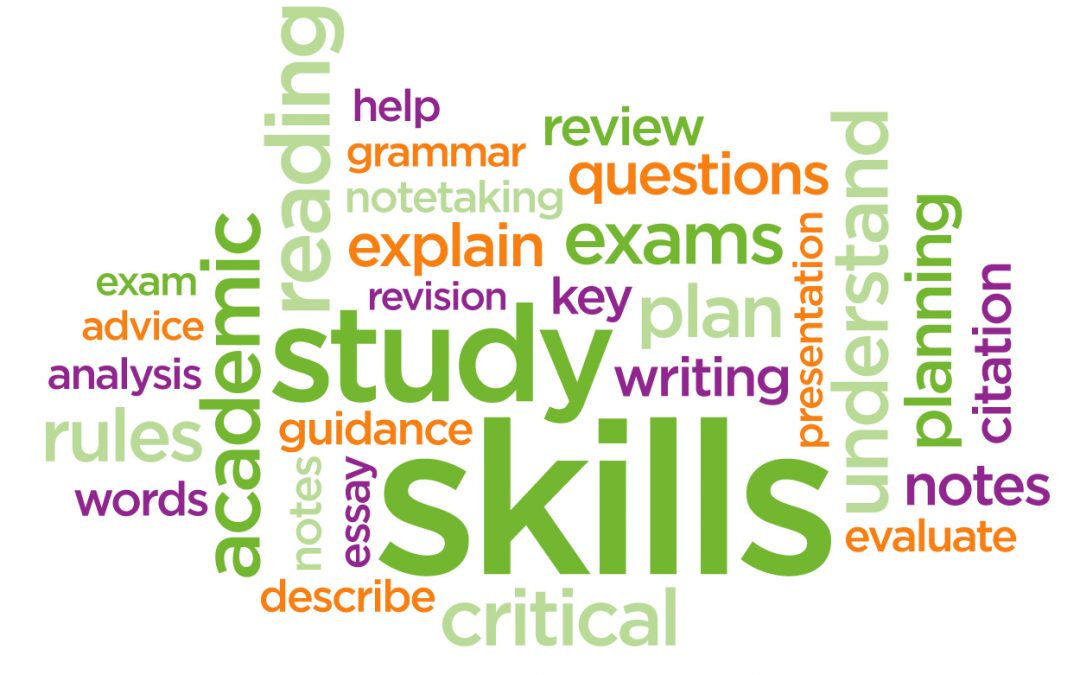Informations du cours

Mastering Study Skills for University Success
Objective: Students will be able to identify and apply effective study skills necessary for success in a university setting.
Assessment:
Students will complete a reflective essay where they will analyze their current study habits, identify areas for improvement, and propose at least three new study strategies they plan to implement.
Key Points:
- Active Learning: Engaging with the material through summarization, questioning, and teaching others.
- Time Management: Prioritizing tasks and creating a study schedule to allocate time effectively.
- Note-taking Techniques: Exploring various methods such as the Cornell method, mapping, and outlining.
- Test Preparation Strategies: Understanding different types of assessments and how to prepare for them effectively.
- Self-Reflection: Evaluating personal study habits and recognizing how they impact academic performance.
Opening:
- Begin with a brief discussion on the challenges students face in university studies.
- Pose the question: “What study methods have you used in the past, and how effective were they?”
- Conduct a quick poll or use an interactive platform for students to share their responses.
Introduction to New Material:
- Introduce each key point with a brief lecture, including real-life examples and anecdotes.
- Use multimedia resources (videos/articles) to demonstrate effective study skills.
- Facilitate small group discussions where students share their current study methods.
- Common Misconception: Many students believe that studying longer hours always leads to better grades, when in fact, effective study techniques can be more beneficial.
Guided Practice:
- Set expectations for group work, emphasizing collaboration and respect for others' ideas.
- Provide students with a scenario where they must choose the best study technique for a specific subject or situation.
- Ask guiding questions that progress from simple (What is your current study method?) to complex (How can you adapt your method for different subjects?).
- Monitor student performance by circulating the room, listening to discussions, and providing feedback.
Independent Practice:
- Assign students to create a personalized study plan that includes techniques learned in class, a weekly schedule, and specific goals.
- Expect students to use digital tools or paper planners to organize their time and tasks effectively.
- Encourage them to reflect on potential obstacles and strategies to overcome them.
Closing:
- Facilitate a brief discussion where students share one new study skill they plan to implement and why.
- Use an exit ticket where students write down one takeaway from the lesson.
Extension Activity:
- For students who finish early, provide them with a case study of a student struggling with study skills, and ask them to suggest actionable strategies for improvement.
Homework:
- Assign students to reflect on their study habits over the week and write a journal entry discussing what worked, what didn’t, and how they plan to adjust their strategies moving forward.
Standards Addressed:
- Standard 1: Critical Thinking and Problem Solving - Students will demonstrate the ability to analyze and evaluate their study habits and adapt strategies to enhance academic success.
- Standard 2: Self-Management - Students will exhibit effective time management and organizational skills to achieve academic goals.
- Enseignant: alemi hanane
